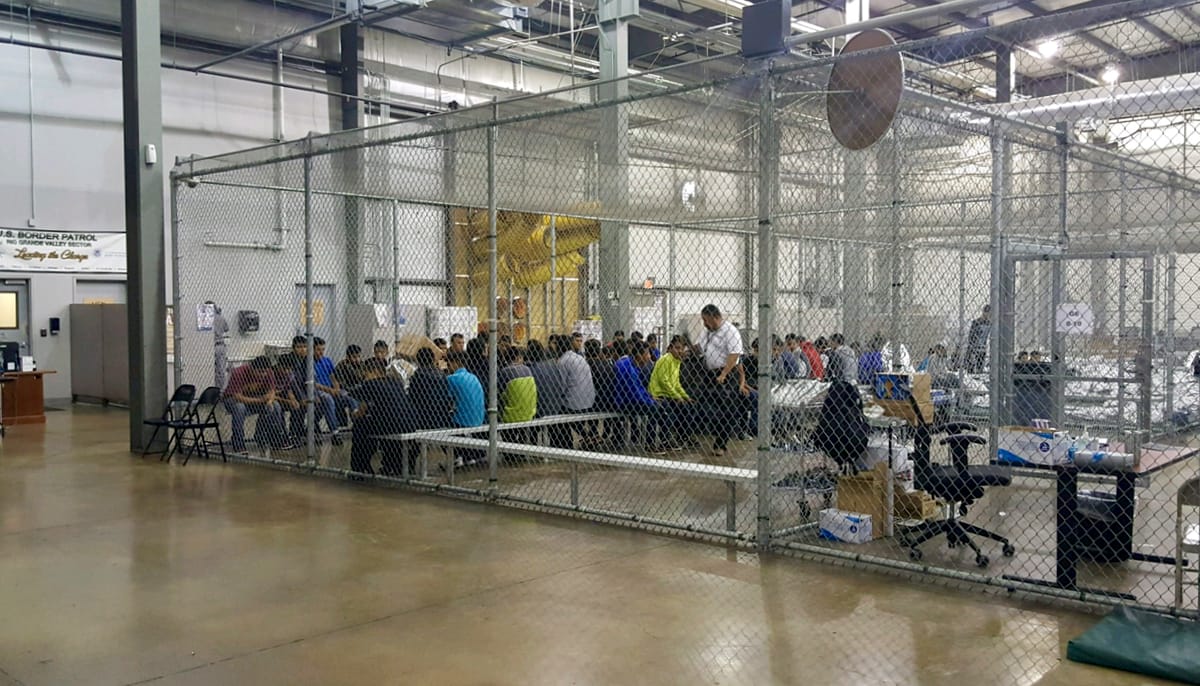What happens when a government loses its moral footing? When elected officials seem to be operating without integrity? When our politicians and their officials lack any semblance of compassion?
These questions have been burning in me as the moral crisis over the Trump administration’s family separation policy deepens.
More than two hundred Buddhist teachers, including myself, have called for an end to the separation of children and parents at the US–Mexico border. In their statement, the teachers state, “Separating children from their parents and holding them in detention inflicts terrible and needless trauma and stress on young children that hampers and damages their development, causing long-term damage. This policy being employed on United States soil is morally unconscionable. That such egregious actions be employed as a deterrent for families seeking entry and/or asylum in the US — using the sacred bond between innocent youth and their parents — is unjustifiable on any level.”
When compassion is absent, all suffer, including those who withhold it.
What happens to us when there is such an extreme deficit of compassion in certain quarters of our country? I am convinced that harm results for all.
We know that compassion enhances the welfare of those who receive compassion and benefits those who are compassionate. It even benefits those who simply observe an act of compassion. Compassion is one of those experiences that deeply affects us—whether we give it, receive it, or observe it. When compassion is absent, all suffer, including those who withhold it.
We also know that being compassionate upholds our moral principles. According to the psychology researchers, when we restrain compassion we feel that our moral identity is compromised. That’s because compassion is central to being fully human. It is the key to reducing systemic oppression and nurturing a culture of respect, civility, and belonging. It is what makes cultures, organizations, and humans successful.
Please know that I am not a moral philosopher. Yet understanding the nature of integrity and morality has been an important part of my life.
When I was an anthropologist, I discovered that there are many moral platforms. Ideas of what is right and wrong vary from culture to culture, even from person to person. But Buddhism has also given me a different way to understand integrity, one that looks at it through the lens of suffering. When we cause suffering to others or ourselves, our integrity is violated. When we alleviate the suffering of others, our integrity is affirmed.
At this time in our country, when we are witnessing young immigrant children torn from the arms of their parents and held in cages and warehouses, we need strong moral sensitivity. We need the ability to recognize moral violations and discern which government actions are morally justifiable and which are not. We also need a large dose of moral nerve, a term used by the author Joan Didion to describe someone who has non-negotiable virtue when standing above the abyss of harm.
If we do not take action against these abuses, we will experience profound moral suffering.
I believe that we are hanging over that abyss now—if we have not already fallen into it. If we do not take action against these abuses, if we hide out in apathy and do not manifest moral nerve, we will experience profound moral suffering. This is the harm caused by actions taken in our name that transgress the tenets of basic human goodness. Whether we uphold our values and ethical principles or not is what affirms or destroys our integrity, and thus our character.
As I consider what is happening in our country now, I believe our success as a democracy is being seriously compromised by a serious deficit of compassion and a pervasive absence of integrity. As we face the crisis at our border, we also are facing a moral crisis that is reprehensible. We need to manifest moral nerve and compassion, now, for the sake of all.

